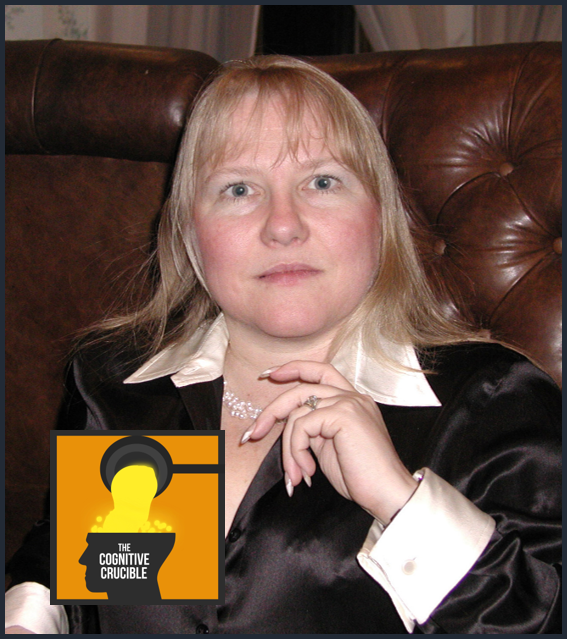
During this episode, we talk with Prof. Kathleen Carley of Carnegie Mellon University about social cybersecurity, the BEND framework, and the challenges and promise of developing understandings and technologies on how to manage the safety of online discourse.
Books and Other Web Links:
Guest Bio: Kathleen M. Carley is a professor in the School of Computer Science at Carnegie Mellon University. She received her Ph.D. from Harvard and her undergraduate degrees from the Massachusetts Institute of Technology. She is the director of the Center for Computational Analysis of Social and Organizational Systems (CASOS), a university-wide interdisciplinary center that brings together network analysis, computer science, and organization science and she is the founding director of the Center for Informed Democracy and Social-cybersecurity (IDeaS), CMU’s university wide center for disinformation, hate-speech and extremism online. She is also the CEO of Netanomics. Kathleen M. Carley’s research combines cognitive science, social networks and computer science to address complex social and organizational problems. Her specific research areas are dynamic network analysis, computational social and organization theory, adaptation and evolution, text mining, social media, information diffusion, disaster response and social-cybersecurity. She and her groups have developed infrastructure tools for analyzing large scale dynamic networks and various multi-agent simulation systems. The infrastructure tools include ORA, a statistical toolkit for analyzing and visualizing high-dimensional networks across time and space. ORA-PRO contains the BEND analytics. AutoMap, a text-mining system for extracting semantic networks, and high dimensional networks. NetMapper, a text-mining tool for extracting semantic networks, high dimensional networks, sentiment and subconscious CUES from texts and social media. Construct, an agent-based dynamic-network simulation system for examining information diffusion and belief formation in various social, organizational and media environments. She is the founding co-editor of the journal Computational and Mathematical Organization Theory which she now co-edits with Dr. Terrill Frantz. She has co-edited several books in the computational organizations and dynamic network area and over 400 published papers.
About: The Information Professionals Association (IPA) is a non-profit organization dedicated to exploring the role of information activities, such as influence and cognitive security, within the national security sector and helping to bridge the divide between operations and research. Its goal is to increase interdisciplinary collaboration between scholars and practitioners and policymakers with an interest in this domain.
For more information, please contact us at communications@information-professionals.org.
Or, connect directly with The Cognitive Crucible podcast host, John Bicknell, on LinkedIn.
Disclosure: As an Amazon Associate, 1) IPA earns from qualifying purchases, 2) IPA gets commissions for purchases made through links in this post.